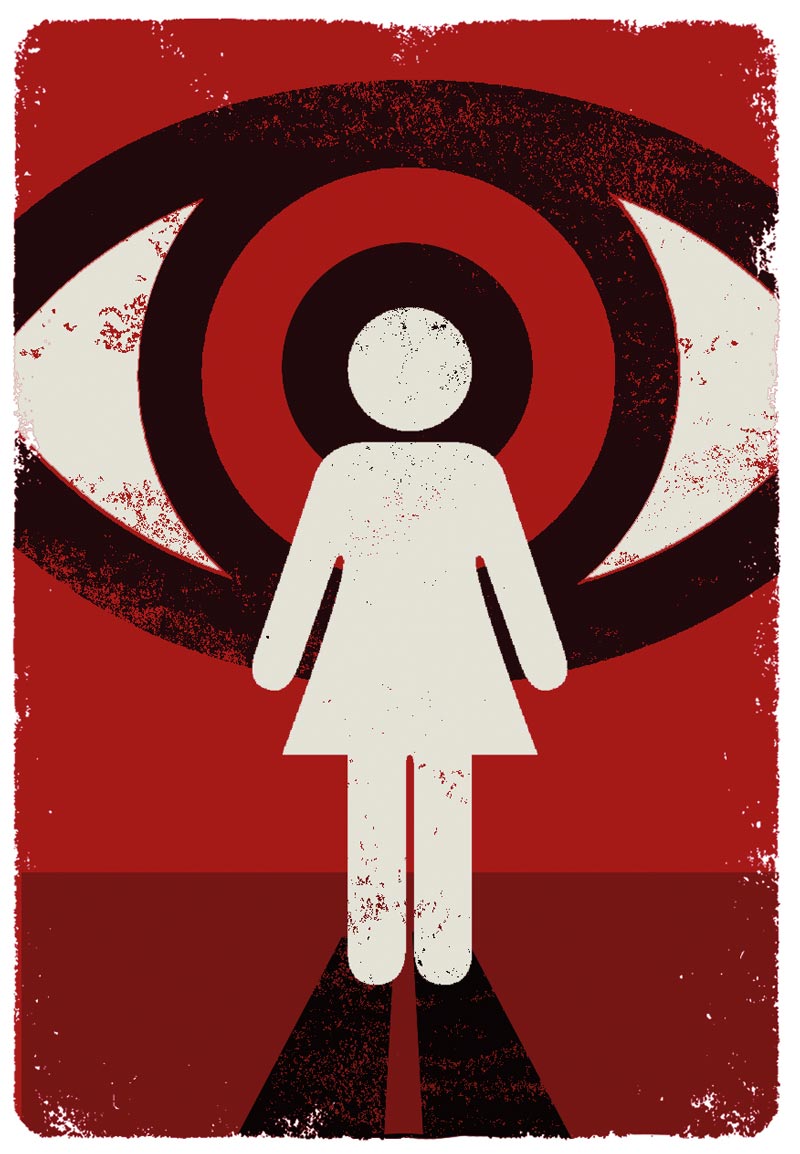 Nelson ProvaziHarvard University, USA, has revoked the emeritus status of sociologist Jorge Dominguez, a former professor at the Faculty of Arts and Sciences who specialized in Latin American studies and was vice provost for international affairs at the institution from 2006 to 2015. It has also banned him from giving lectures or attending university events. The punishment comes after an investigation concluded he sexually harassed at least 18 female students and employees over the past four decades. The university also promised to investigate its leadership, amid criticism that the researcher was allowed to keep his job at Harvard and was even promoted more than once despite repeated allegations of harassment.
Nelson ProvaziHarvard University, USA, has revoked the emeritus status of sociologist Jorge Dominguez, a former professor at the Faculty of Arts and Sciences who specialized in Latin American studies and was vice provost for international affairs at the institution from 2006 to 2015. It has also banned him from giving lectures or attending university events. The punishment comes after an investigation concluded he sexually harassed at least 18 female students and employees over the past four decades. The university also promised to investigate its leadership, amid criticism that the researcher was allowed to keep his job at Harvard and was even promoted more than once despite repeated allegations of harassment.
In a 52-page report released by The Boston Globe, the internal committee that investigated Dominguez highlighted a “prolonged institutional failure.” It also stated that the behavior of the researcher was an “open secret,” to the extent that students would warn each other to avoid late-afternoon meetings with him and to wear heavy clothing to discourage unwanted attention.
Claudine Gay, dean of the Faculty of Arts and Sciences, announced in an email to the academic community that the investigation had identified a long-standing pattern of behavior in Dominguez that violated policies designed to ensure a safe and nondiscriminatory educational environment. “I am appalled by the report’s findings and heartbroken for those who had to endure the behaviors described,” she said. Dominguez, 74, was born in Cuba and moved to the USA in the early 1960s. He graduated from Yale University and began studying his PhD at Harvard in 1968. Four years later, he began working there as a professor.
He resigned from his position in June 2018 after numerous accusations of harassment during the #MeToo movement, which gave a voice to thousands of women who have suffered sexual assault and harassment in the academic environment. One of the sociologist’s victims was prominent political scientist Terry Karl, 71, now professor emeritus at Stanford University, who formally reported Dominguez in 1983 when she was an assistant professor at Harvard. At the time, the case resulted in a mild punishment. Dominguez was suspended from administrative duties for three years but was allowed to continue his career—and to continue harassing others. Karl is strongly critical of Harvard. “I never felt supported by Harvard,” she wrote. “Not for a moment, then or even now.” According to her account, in 1983, after Dominguez was punished, a Harvard director suggested that she leave the university and even promised her a position at Yale.
Republish